I made this webpage for a class in college. Essentially, a brief history of DJing, what it is, and how it's relevant to an age of technologic dependence. It was a fun little project and helped get me into DJing.
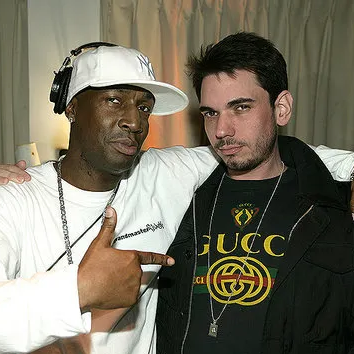
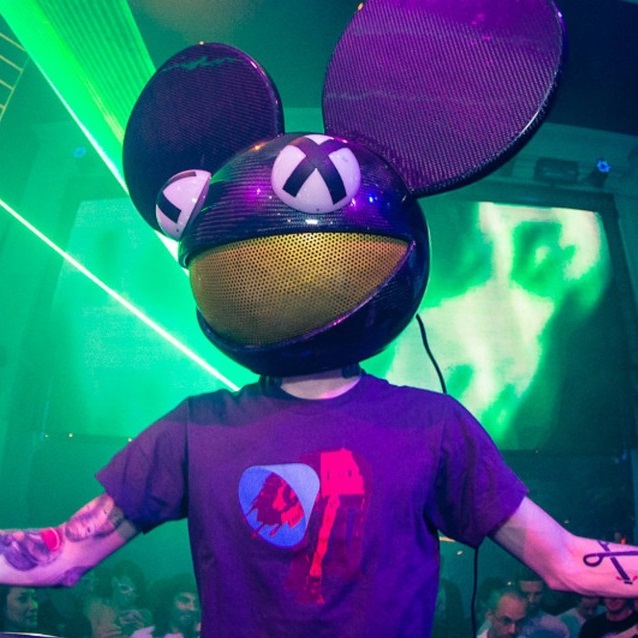
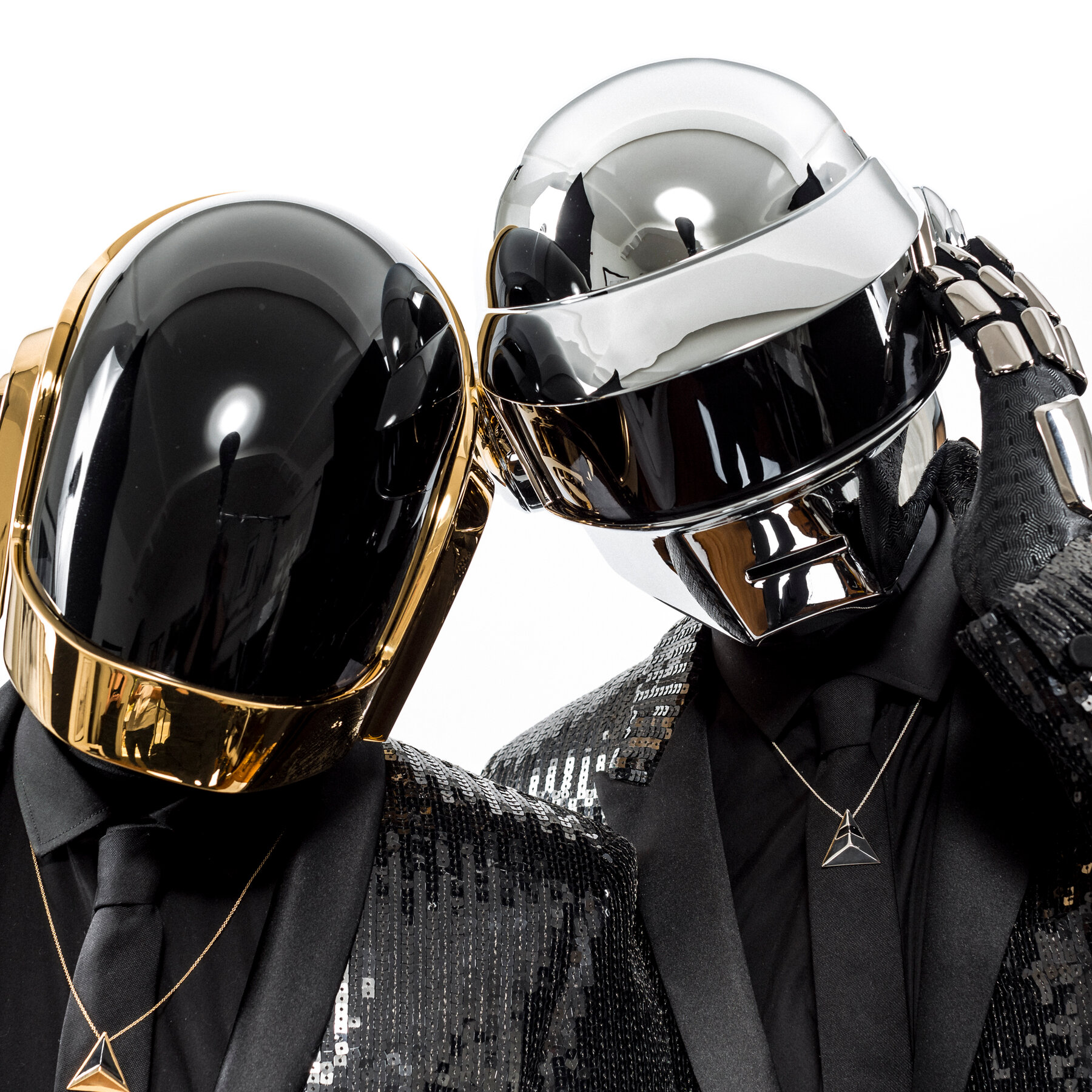
DJ is short for "disc jockey." The exact definition of a disc jockey is, "someone who plays records and talks on the radio or at an event where people dance to recorded popular music, such as a nightclub." DJing, simply put, is a verb to describe someone performing as a DJ.
"DJing is about making people move, making people dance." "This is how we express ourselves, this is how we connect with our higher selves... it's a real thing, the minute you start being creative, you're connecting with the element of God that's in you."
DJing is seen as a profession and as a hobby. Anyone can jump into it. However, DJing is listed as an official instrument. For instance, search up Sid Wilson, a member of Slipknot, and look at his listed instruments on Wikipedia.
DJing has come a long way from where it once originated. DJs have been around since the creation of vinyl records. But what we think of DJing now was due to the innovative youth, located primarily in the Bronx, New York City. It was largely due to the African-Americans who came from disadvantaged neighborhoods that we have famous DJs. With limited access to expensive instruments, creative minds came together, making turntables their instrument, creating the term "turntablist."
"It's like, you're learning these techniques, that to be honest, were created by young kids, 14-15 years old, like Grand Wizzard Theodore and Grandmaster Flash, in a very loose, unstructured way, and then you're giving these techniques structure."
Before venturing any further, clear your mind of what a DJ is, and watch the videos below. Make the judgements yourself based on these short clips of DJ AM demonstrating his creativity on the turntables.
EQUIPMENT
Below are some pictures I captured of setups from DJs within the Pittsburgh area. You'll notice there are two turntables and mixer in the middle. A majority of the time you will see a laptop connected, to load and play songs, in which software, such as Serato, will simulate the song on the vinyl.
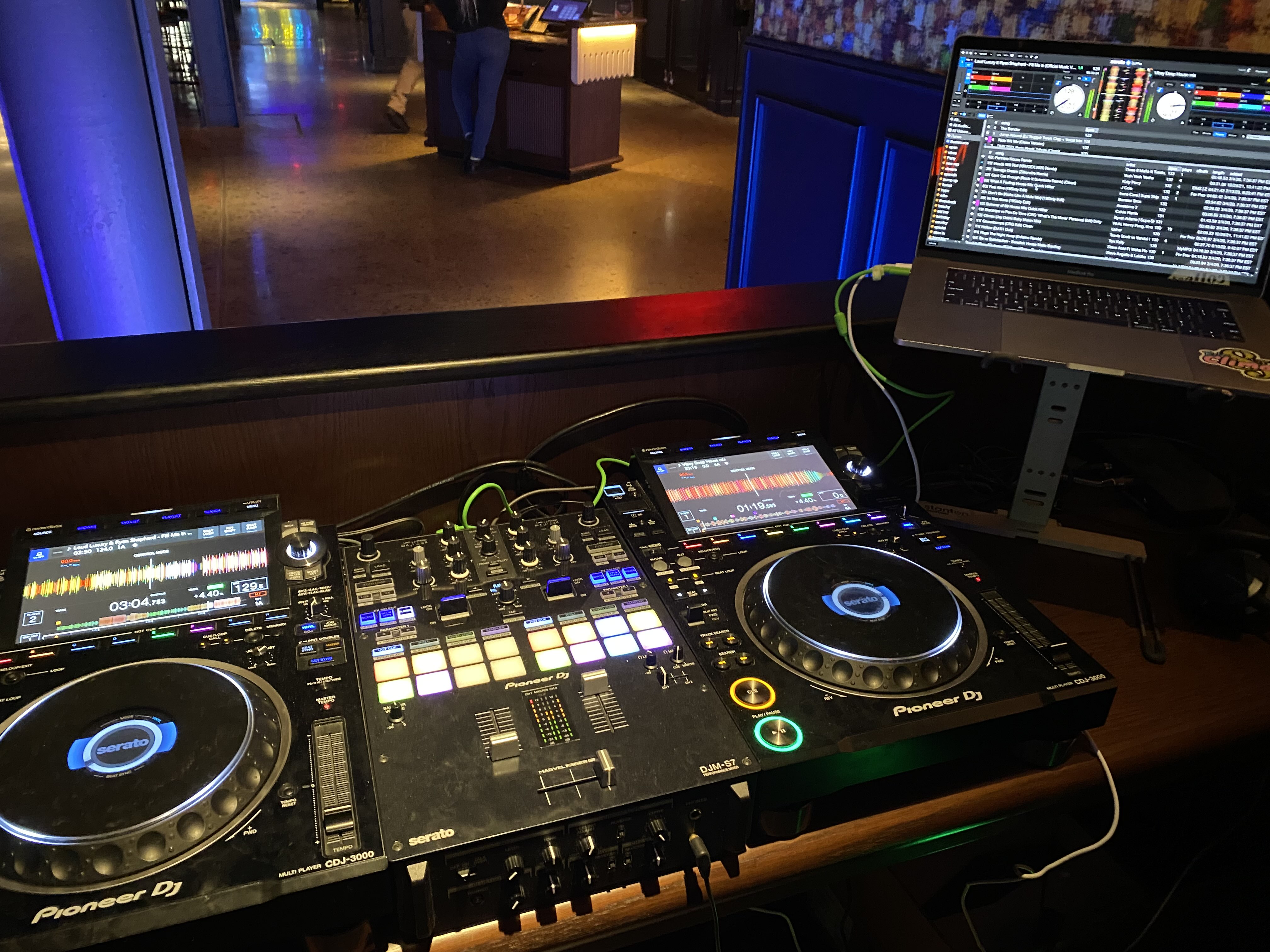
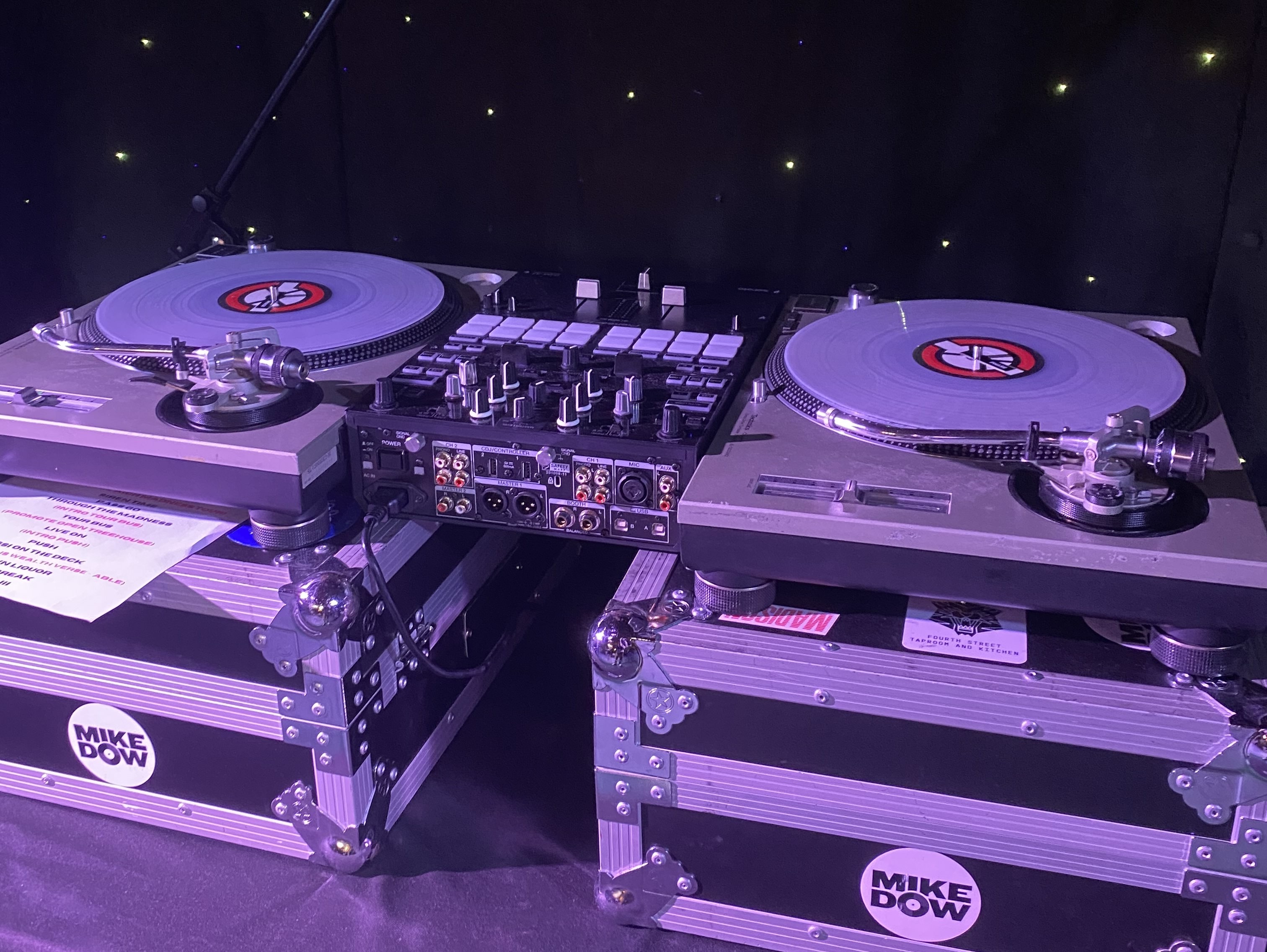
In fact, Serato produces their own vinyls. Unlike traditional vinyl, where audio is ingrained, Serato's "control vinyl" contains a timecode signal embedded in the grooves. We as humans can't hear these signals, but our mixer or software can (mixers go in between your turntables, allowing the use of manipulating frequencies and adding effects). The software can then load the entire track on the vinyl.
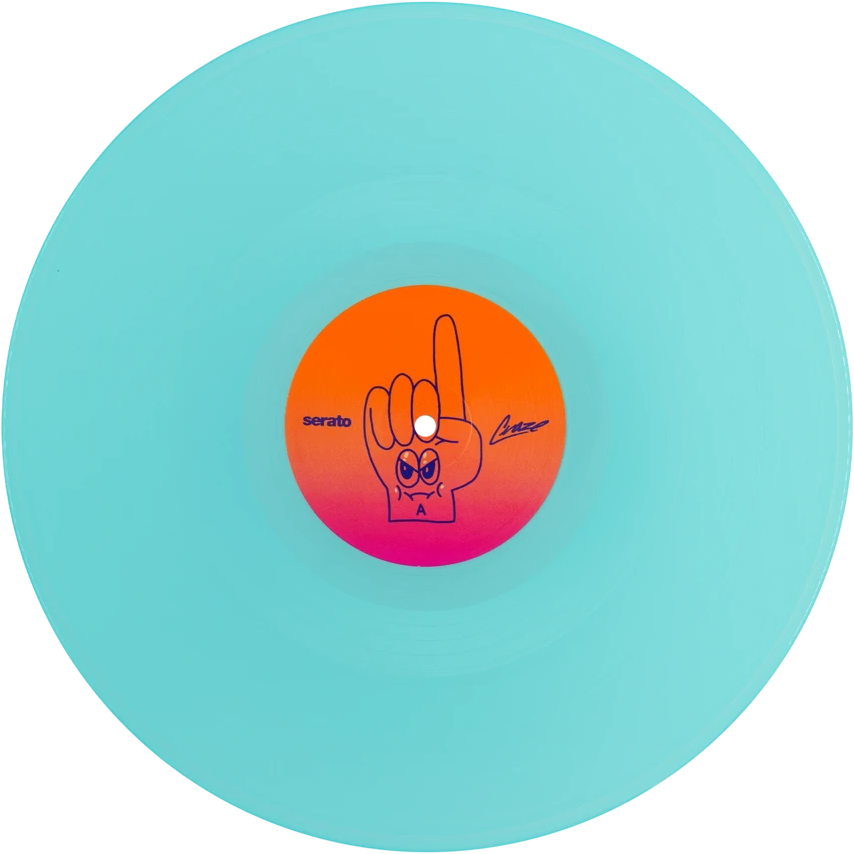
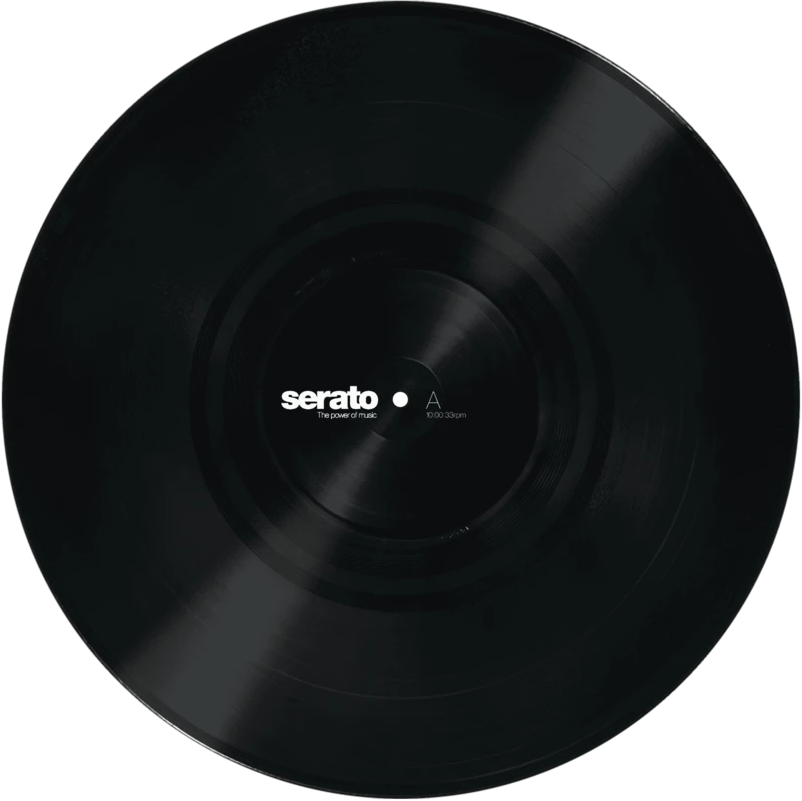
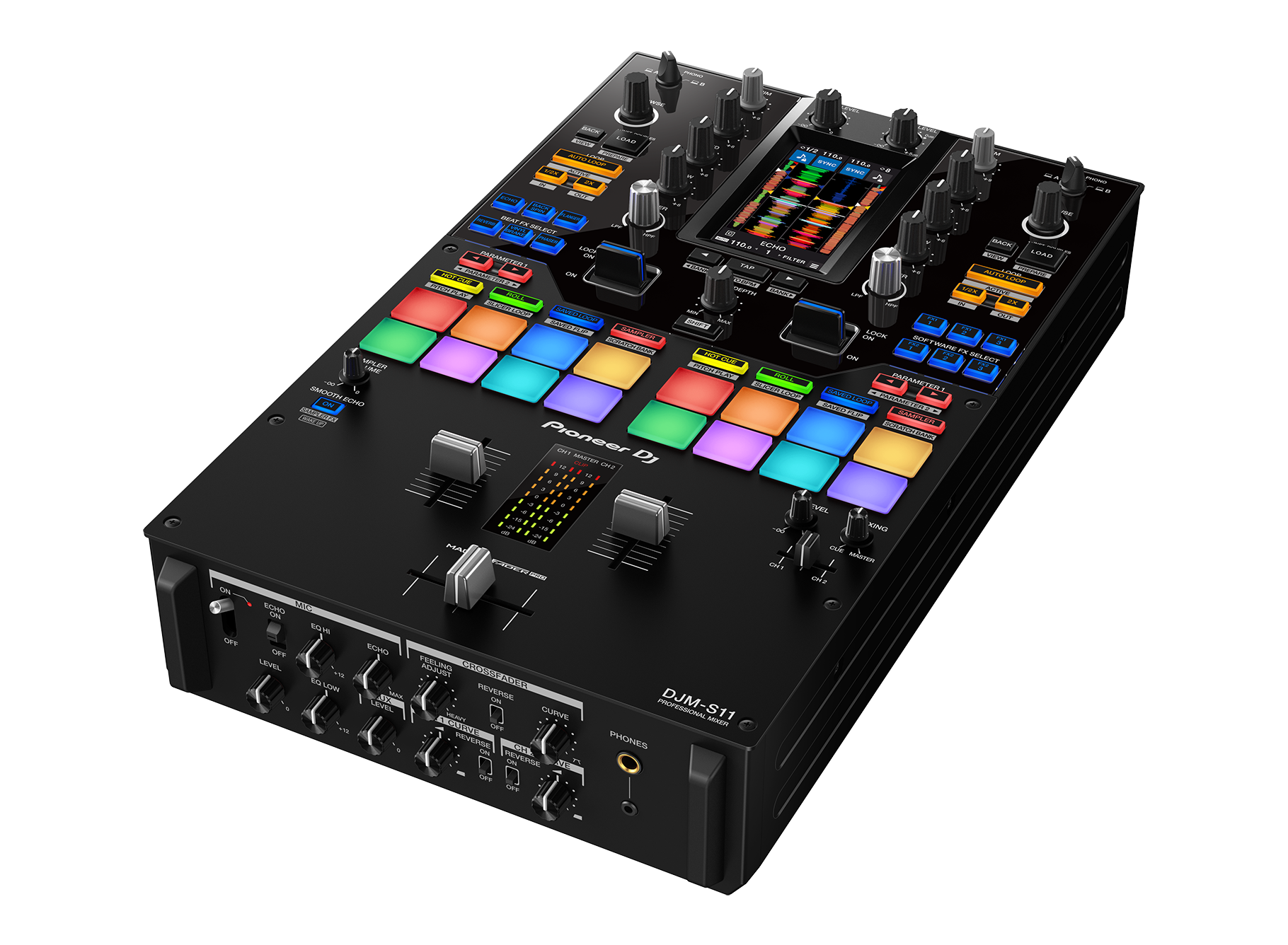
DJ SETUP TYPES
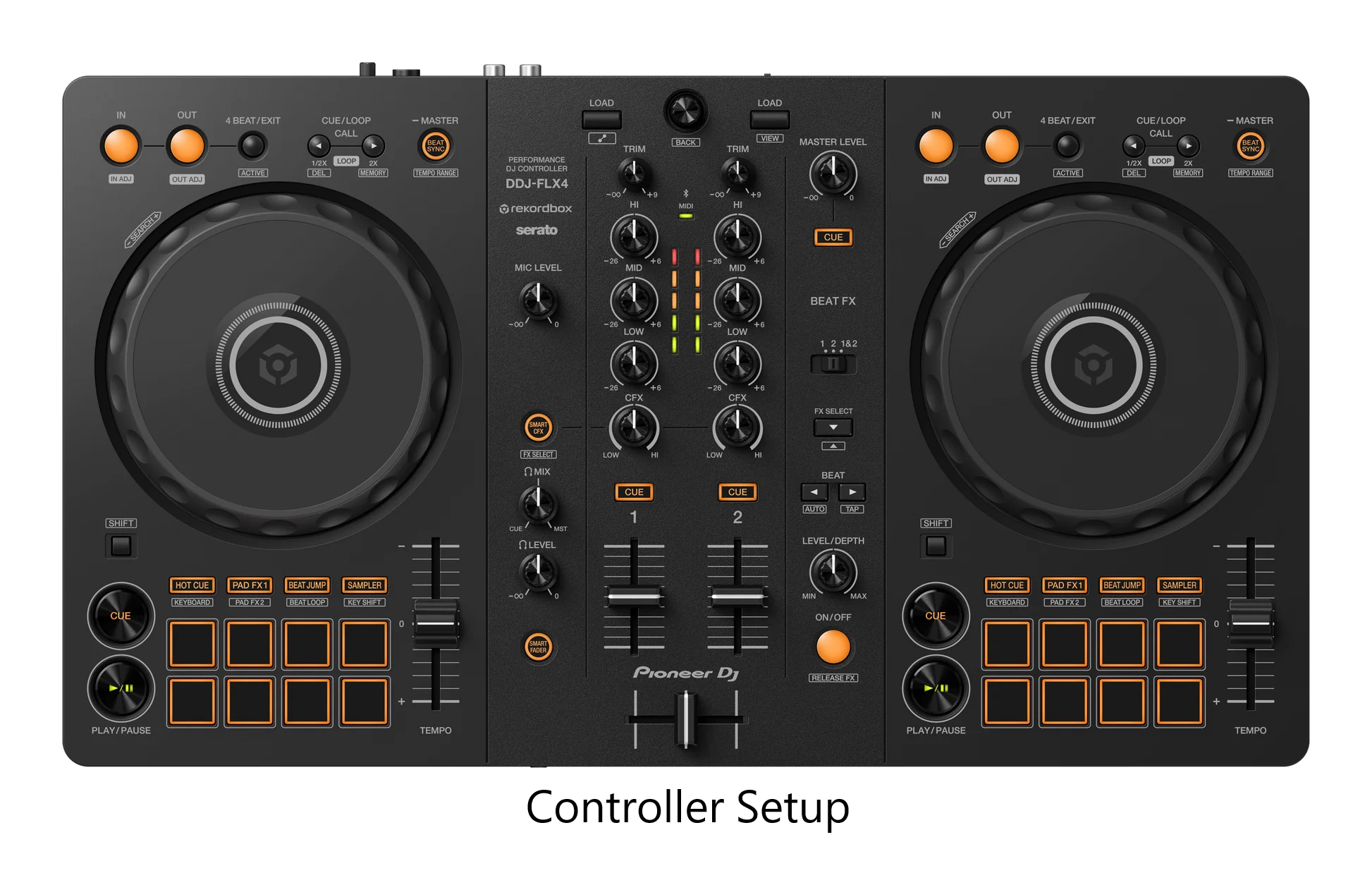
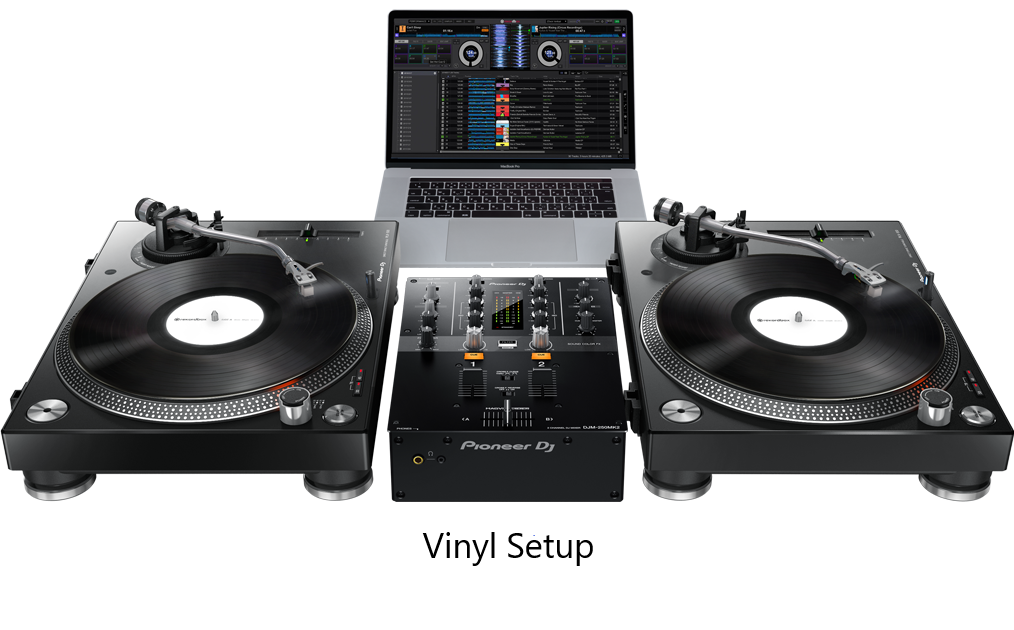
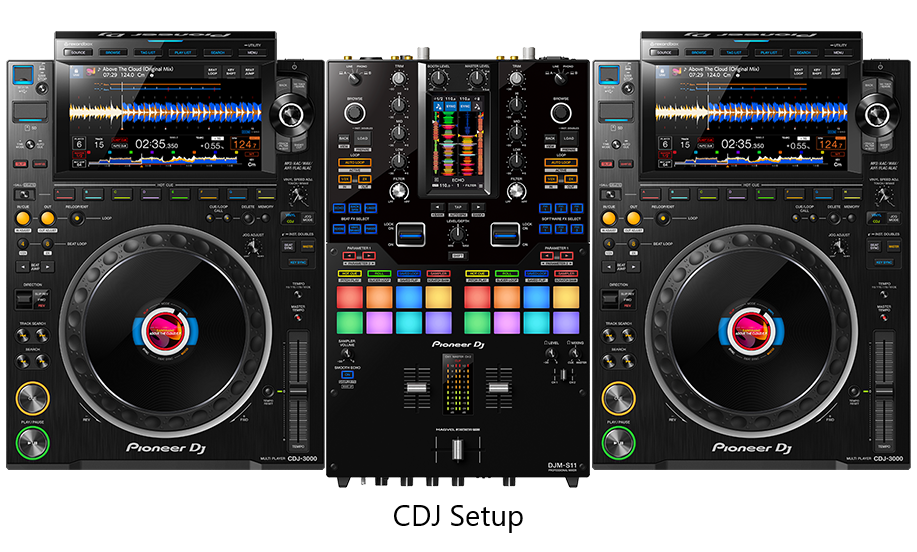
TECHNIQUES
Mixing, scratching, and beatmatching are some of the popular techniques DJs know. These techniques serve a purpose, and some techniques are so advanced, such as beatjuggling, they are primarily used for DJ competitions.
Mixing refers to the process of playing two songs harmoniously, while keeping a synchronous beat. Beatmatching refers to having two songs play on the same beat. As for scratching, "the whole point of scratching is to enhance the experience of listening to a song."
Take this DJ competitor by the name of DJ K-SWIZZ, demonstrating excellent techniques of beatjuggling, scratching, and so on.
"As much as I love this character, the last thing I would want to be, in the world we live in, in 2023, is a robot."
It's important to discuss the future of DJing, and the integration of modern artifical intelligence (AI).
There exists discussions on whether AI should be used in the music industry. However, AI goes further than just the music industry, such as job displacements, AI art, and so on.
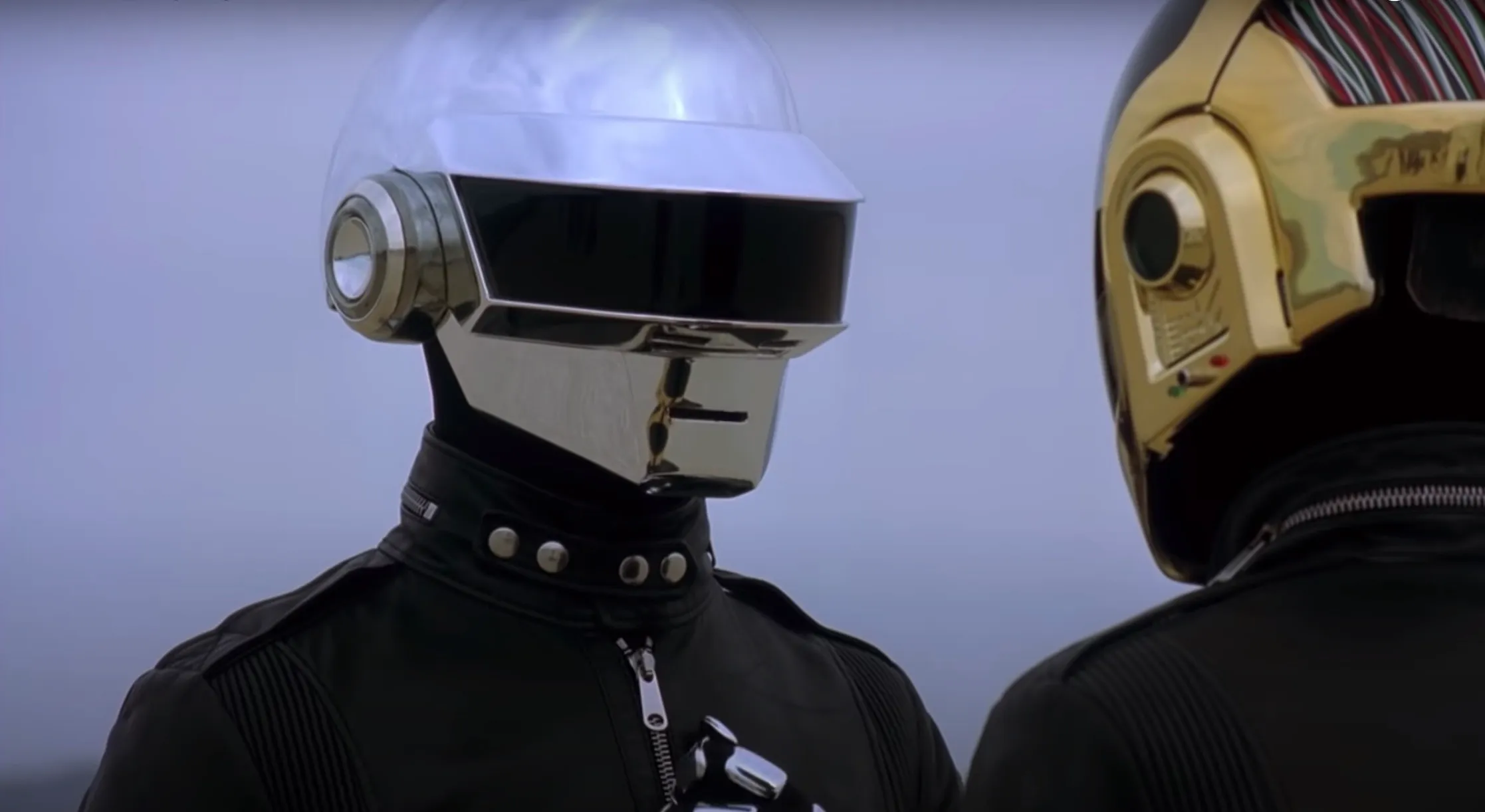
After Daft Punk's split (a duo group centered around electronic house music who dressed up as robots), the two had a central thesis: "That the line between humanity and technology should remain absolute."
Neil Postman's Technopoly sheds light on this issue that we are facing today. Society is dominated by technology. Progress is synonymous with technological growth. We are slowly losing the human element, and Daft Punk's relationship with technology has always been on the side of humanity, not technology. "We tried to use these machines to express something extremely moving that a machine cannot feel, but a human can."
Furthermore, Thomas Bangalter (the silver robot) added that their work "was an exploration," "starting with the machines and going away from them. I love technology as a tool [but] I'm somehow terrified of the nature of the relationship between the machines and ourselves."
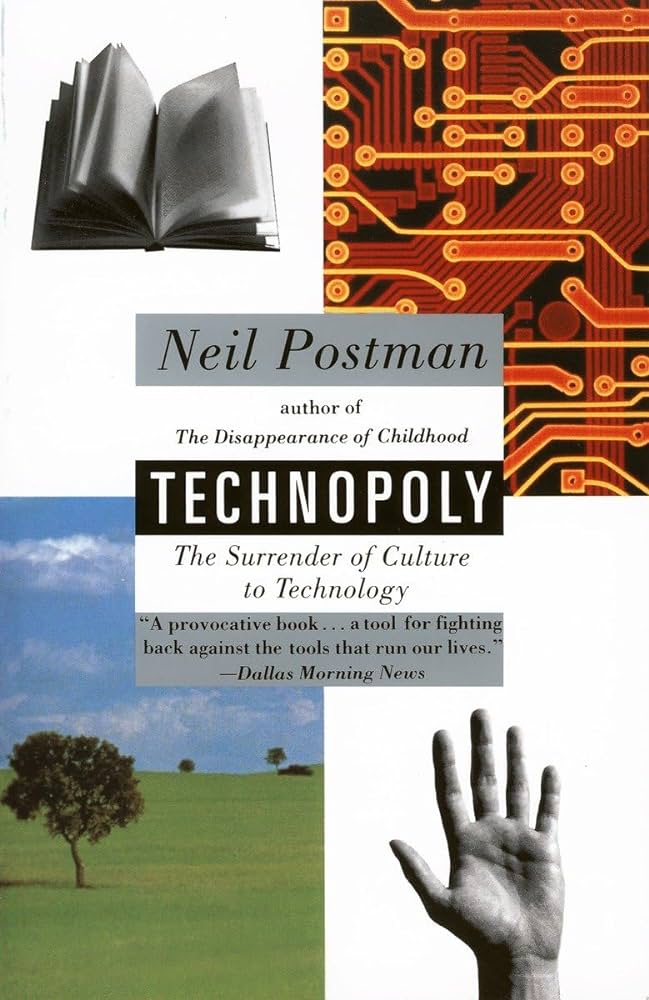
And it's not just AI. Modern day technology has its use, with STEMs for instance, separating the acapella from the rest of any song. Yet, the concern lies in the impact of technology on traditional DJing skills. Why would one need to learn how to beatmatch if one can just press a sync button? DJing is now on easy mode as some would say. Personally, I think it's important to understand the concepts of DJing before relying on tools that make DJing "easier." It's like using a calculator. Rather than being flooded with information and numbers on a screen, comprehend what those numbers mean ahead of time. Doing so makes using a calculator much easier, thus, putting math on "easy mode" as well.
Another important thing to bring up is what DJs do when performing. We looked at their gear and how they use it, but what is they do when live in front of a large audience? Funny enough, most DJs play a pre-recorded set, and simply mess with the effects or visuals. There is some controversy behind this, since some claim they're not a real DJ, and are only producers who are just putting on a show. Listen to Deadmau5's take on this below.
All in all, what makes a DJ a real DJ? Someone who is depending on technology, not understanding how it works, simply pressing play on their mp3 player? Or someone who has gained craftsmanship, using technology to their advantage, implementing the human element in their work, and not just being an algorithm?
Although it sounds like I am bashing those who use technology, I really am not. People made these new tools for a reason, use them, but understand how they work, even at a basic level. Even with Daft Punk expressing their concerns over AI, you have some people embracing it, such as David Guetta. There is no point in giving up. Instead, use these tools to your advantage.
"The future of music is in AI."